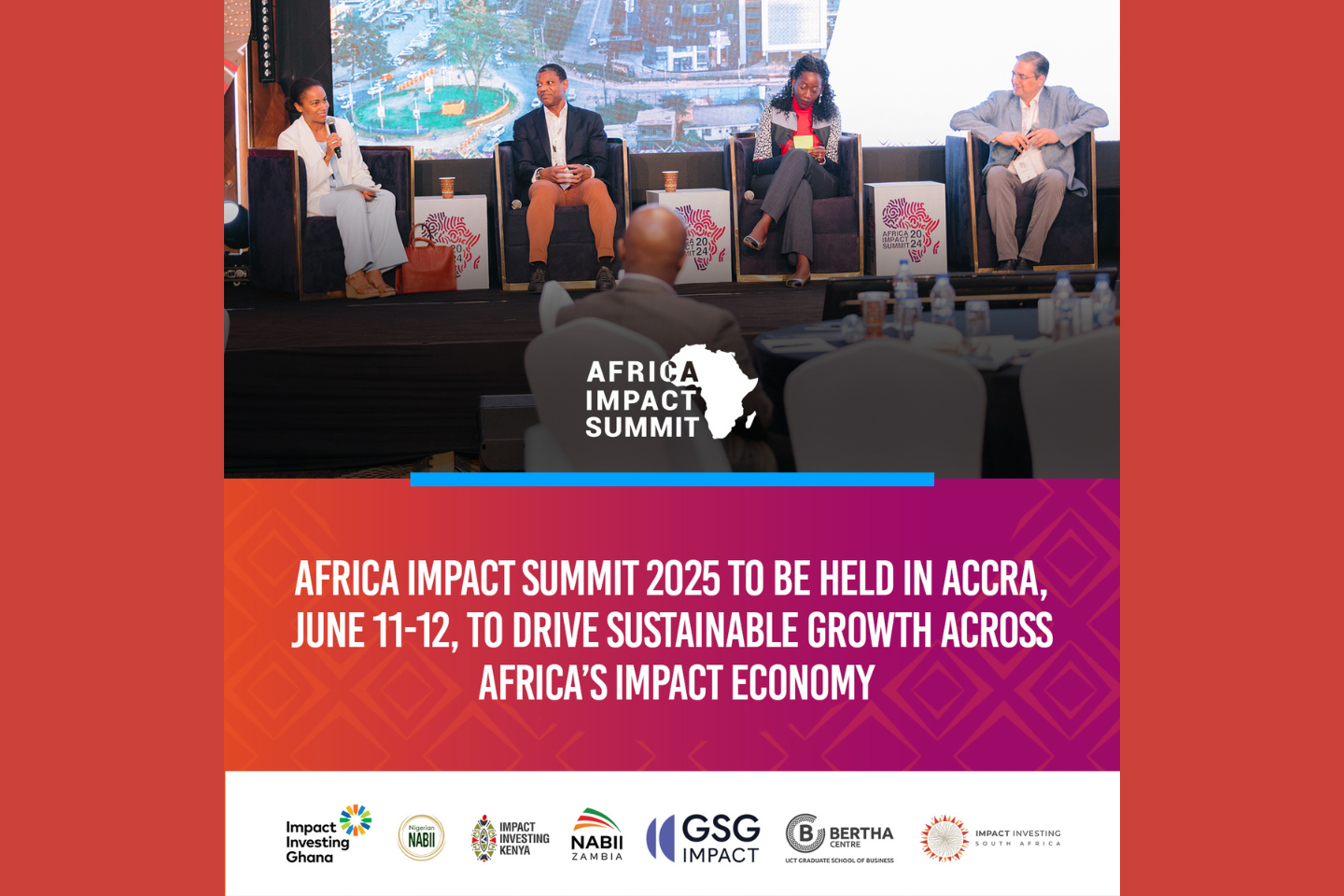
LONDON – With today’s launch of “Impact Transparency from the Ground Up”, GSG Impact presents key learnings and practical recommendations to advance global, proportionate and inclusive sustainability disclosure. The recommendations stem from a UK government funded, GSG Impact led initiative, in key emerging markets, promoting the importance of impact transparency as a driver of global systemic change. The work is a direct response to the Impact Taskforce’s call to raise the voice of stakeholders from emerging economies in global sustainability disclosure standard setting efforts.
The Global South, home to 85% of the world's population and over 50% of the world's biodiversity, faces the most pressing social and climate related challenges of our time. Yet despite public consultations by global sustainability standard-setting organisations being open and transparent, only a fraction of responses have so far come from key actors in emerging economies. With the next wave of standards likely to focus on social aspects, such voices must be at the centre of discussions.
The analysis highlights the importance of taking into account the realities of smaller businesses in emerging economies in global sustainability standard setting, given their role as suppliers of large reporting entities. Typically, smaller companies have relatively weaker data management, financial, technical and reporting capabilities. It is important to ensure that increasing reporting requirements do not impose additional, disproportionate or costly compliance demands on smaller businesses.
“Impact Transparency from the Ground Up” consolidates insights and evidence from over 500 stakeholders engaged by GSG Impact in nine emerging economies. Detailed recommendations include:
-
International standard setters must move from mere “open consultations” to proactively engage stakeholders from the Global South. A wide array of relevant international, regional and national networks and organisations have the reach and influence to collect input from relevant actors in emerging economies. This can ultimately ensure the baseline for sustainability standards is genuinely global.
-
Development agencies should fund capacity building initiatives in emerging economies. This includes technical assistance programmes, the development of practical implementation guidance and technology-based solutions.
-
Large companies and institutions such as think tanks and academia should collaborate to build a compelling business case for sustainability disclosure, beyond regulatory compliance. Sustainability management, including external reporting, has been shown to improve financial performance and business resilience. A positive approach, stressing the commercial and performance benefits of embracing sustainability is as important as regulation, especially in emerging economies where enforcement capabilities can be relatively weak.
-
Governments and multilateral organisations should actively develop tools that factor in local and regional specificities while preserving global comparability. For example, regional materiality matrices, that detail sustainability issues relevant to each region, can ensure disclosure on the elements most important to users of information, including investors.
Sebastian Welisiejko, Chief Policy Officer, GSG Impact said: “Thanks largely to efforts by IFRS Foundation’s International Sustainability Standards Board to establish a global reporting baseline, convergence towards global, comparable standards is progressing strongly. This ongoing work, initially targeting larger, publicly listed companies, is crucial to provide investors with globally comparable sustainability-related information.
Encouragingly, over 20 jurisdictions globally are commencing to mandate disclosure, while in parallel standard-setting is progressing beyond climate. Crucially, broader standard setting efforts are also expanding beyond financial materiality to cover broader societal and environmental impacts, monetise those impacts, and account for activities by public sector entities.
However, for progress to be a true global, consistent step towards system change in our economies, it is vital to consider the realities of emerging economies, and particularly smaller businesses. Through capacity building, participation in key standard-setting bodies like the IFRS-ISSB, and global stakeholder engagement via our partnership of 50+ national members worldwide, GSG Impact is committed to continue being a relevant, additional voice in this journey towards full, inclusive impact transparency.”
Over three months GSG Impact, supported by its National Partners, consulted over 500 stakeholders, in-person, across countries in Africa, Latin America and South-East Asia. This included representatives from listed and non-listed companies, micro, small and medium sized companies, financial regulators, stock exchanges, accounting and auditing firms, national accounting standard setters, government agencies, industry associations, federations of accountants, public development banks, investors and academia.
The project was conducted with support from the UK Foreign and Commonwealth Development Office (FCDO) and in partnership with the IFRS Foundation’s International Sustainability Standards Board (ISSB), the United Nations Development Programme (UNDP), and the International Foundation for Valuing Impacts (IFVI), amongst other 30+ partner organisations. The findings and recommendations were formally presented to the G20 Sustainable Finance Working Group to inform this November’s G20 meeting in Rio de Janeiro. With today’s publication this advice, and evidence, is now available to all.

